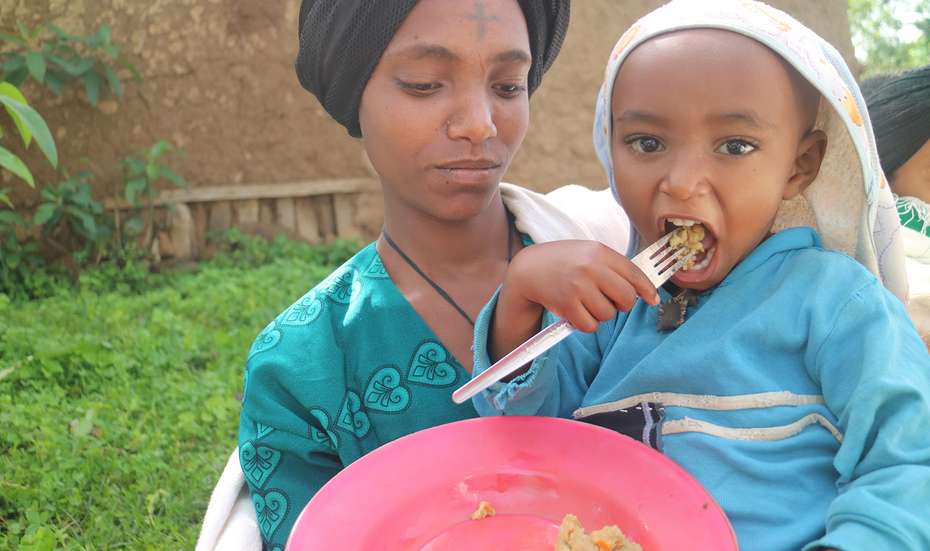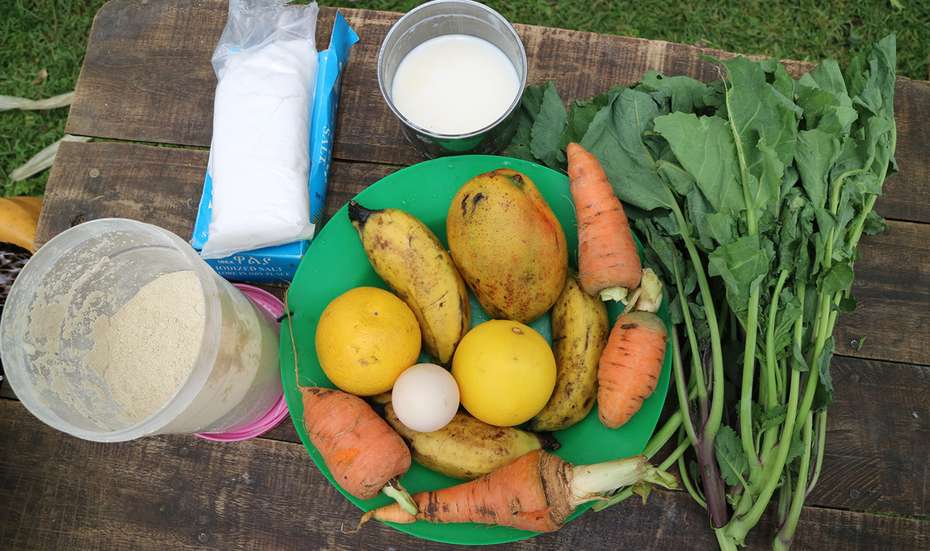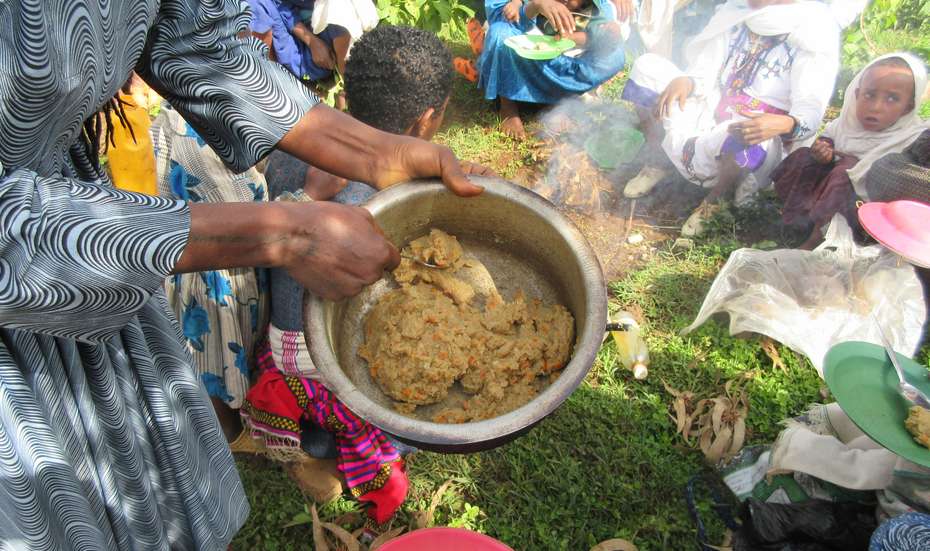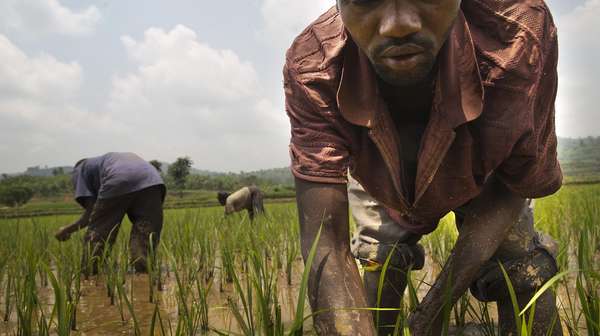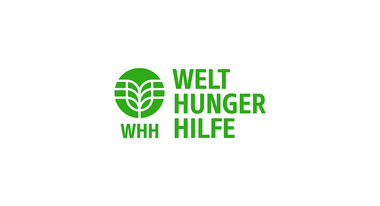Global Nutrition Summit 2017: Money is not Everything
It is urgently necessary to set the course for a world without hunger by 2030: The Global Nutrition Summit, taking place in Milan on 4th November 2017, could become precedent-setting.
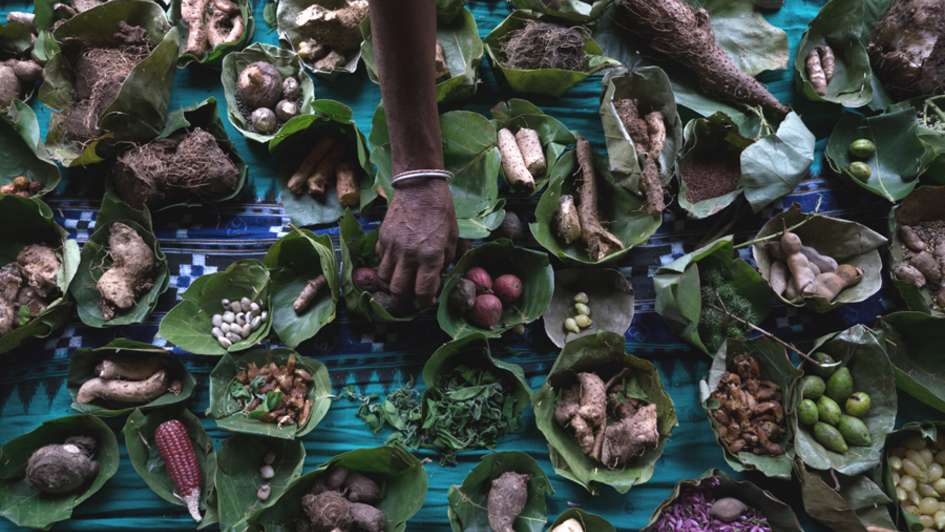
The Global Nutrition Summit could secure urgently-required financial commitments from donors. But money is not everything. Without the political will of donor and recipient countries to fight the structural causes of hunger and to stand up for healthy nutrition systems, financial commitments cannot achieve sustainable effects.
More than 200 representatives of states, international organisations and non-governmental organisations are expected in Milan on November 4, 2017. They are all invited to the Palazzo Reale in the centre of Milan to participate in the Global Nutrition Summit (GNS). According to organisers, this summit is supposed to set a precedent for more global efforts in fighting hunger, undernutrition and malnutrition.
Demanding Political and Financial Commitments
The GNS would like to build on the results of the 2013 Nutrition for Growth Summit in London, recognise progress made in the nutritional sector, and demand new political and financial commitments from donor countries and organisations. In light of the figures that were published in September 2017 in the The State of Food Security and Nutrition in the World (SOFI) of the FAO, this is also urgently necessary: Globally, 38 million more people are currently suffering from hunger than in 2015.
815 million people are chronically undernourished and 2 billion people suffer hidden hunger.
The State of Food Security and Nutrition in the World (SOFI)At the same time, 13% of adults and 6% of children under five years of age globally are considered overnourished, with an upward trend. The International Assessment for Agricultural Science and Technology for Development (IAASTD) illustrates short-term trends: The now-recorded rise of rates of malnourishment can be primarily attributed to increased numbers of violent conflicts and natural disasters such as floods and droughts.
The Global Hunger Index, published in October 2017, depicts long-term trends in the global food and nutrition situation. Short-term events have less weight here, for which reason the GHI paints an even more positive picture than the State of Food Security and Nutrition in the World this year. Many developing and emerging economies were able to significantly improve the food and nutrition situation of their respective populations, and yet the food and nutrition situation in 52 of the 119 countries represented in the GHI was categorised as serious, alarming or extremely alarming.
In light of rising numbers of hungry people and of countries with a poor food and nutrition situation, the question of which results should be expected from the Global Nutrition Summit presents itself. Which commitments do we as a non-governmental organisation expect from this nutrition summit? And, above all, what should the German federal government's focus be in Milan?
1. More investment in food and nutrition security without dismissing the structural causes of hunger
It would be good if the delegates would learn from Naomi Hossain, who wrote this year’s Global Hunger Index essay. She focuses on the power inequalities in the global food system and sees the uneven distribution of hunger and malnutrition to be rooted in a social, political and economic power imbalance.
Women, minorities, indigenous people, rural residents and the poor have the least political and economic opportunities and are the most affected by hunger, malnutrition and obesity. She demands civil society participation for everyone in forming local, independent food systems in order to fulfil the right to food of the vulnerable groups.
2. Money is not everything – it must also be invested correctly: intersectoral, sustainable approaches
More money for nutrition will certainly be necessary to achieve Zero Hunger by 2030 because, according the all predictions and calculations (IISD, World Bank, FAO), current rates will not lead to this goal. In addition to quantity, however, consideration must also be given to quality: The basis should be formed by intersectoral investment in sustainable, resource-efficient and adapted cultivation methods that lead to a diversification of agricultural production and of nutrition as well as to an increased resilience to unusual weather and other events.
One approach with which Welthungerhilfe has had positive experiences is LANN+: “Linking Agriculture and Natural Resource Management towards Nutrition Security.” With this approach, interventions in various sectors are linked together in projects and better contribute to a sustainable improvement of the nutrition situation of the target group.
This approach and other solutions that focus on multisectoral, nutrition-sensitive changes have led to long-term improvements in our project regions. Admittedly, these project approaches are complex. However, it would be naive to believe that multi-faceted problems such as hunger and malnutrition could be solved with simple or even purely technical solutions.
3. Hunger is a multi-faceted, complex problem that requires a complex solution
Many actors reduce hunger and malnutrition to calorie and nutritional amounts and to the question of providing people with the same in adequate amounts. The focus is on so-called “cost-effective approaches” such as fortification, supplementation and biofortification. Fortification adds minerals or vitamins to food. Providing minerals or vitamins through tablets or pharmaceutical compounds is known as supplementation. The third variant is biofortification: Plants are enriched with minerals and vitamins through conventional or genetically modified cultivation or by applying mineral-rich fertilisers and pesticides.
Without discounting the utility of targeted nutrient enrichment in certain humanitarian emergencies or in order to meet the temporarily increased nutritional needs of pregnant and breastfeeding women, it must be said that these approaches do have disadvantages. Manufacturing these products increases the profits of large enterprises and does not benefit the poorest of the poor.
A policy that suppresses these approaches promotes the cultivation and consumption of a few, one-sidedly fortified products and the conventional fertiliser- or pesticide-based addition to food of minerals that could also be added through, for example, sustainable cultivation techniques. If agricultural means of production are available at all, they need to be purchased, although money is always scarce in the households of the poorest of the poor.
All cost-effective approaches have in common that food items or plants can be enriched with only individual or very few minerals or vitamins; however, malnutrition is almost always due to a lack of multiple nutrients and not of only one or a few vitamins or minerals. It would be more sustainable to allow everyone a nutritionally-diverse diet based on a variety of food rather than of nutrients.
From our daily project work, we know how difficult it is to implement the right to food, especially if the political and structural framework conditions are not advantageous or even disadvantageous.
The GNS is certainly not a summit that can address all of these challenges. However, it can absolutely become a summit that clearly commits to sustainable approaches to fight hunger and malnutrition. In the view of civil society, the German federal government has the urgent responsibility to emphasise this in its political statement and to lobby for the necessary structural adjustments and for intersectoral investment in sustainable food systems.





